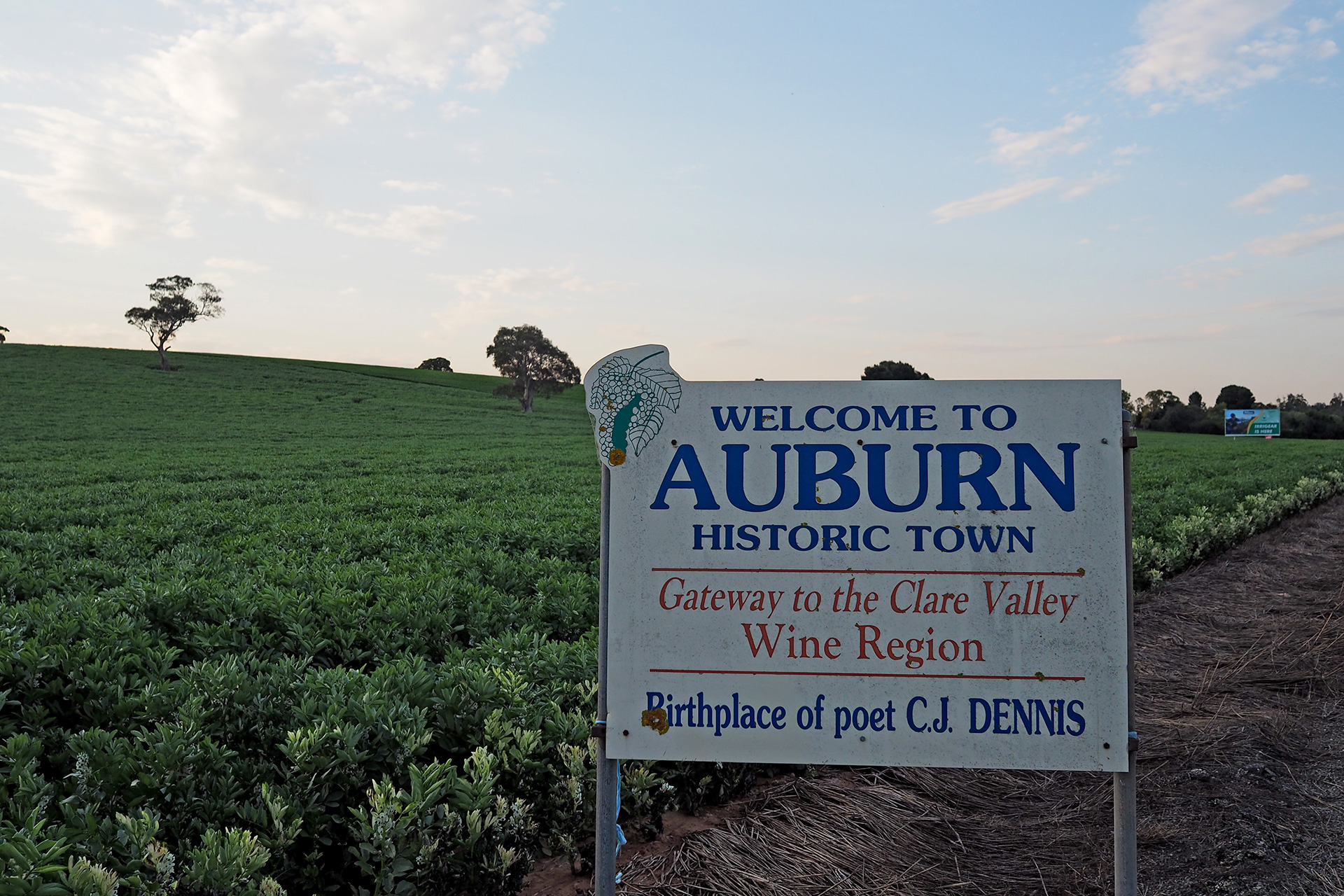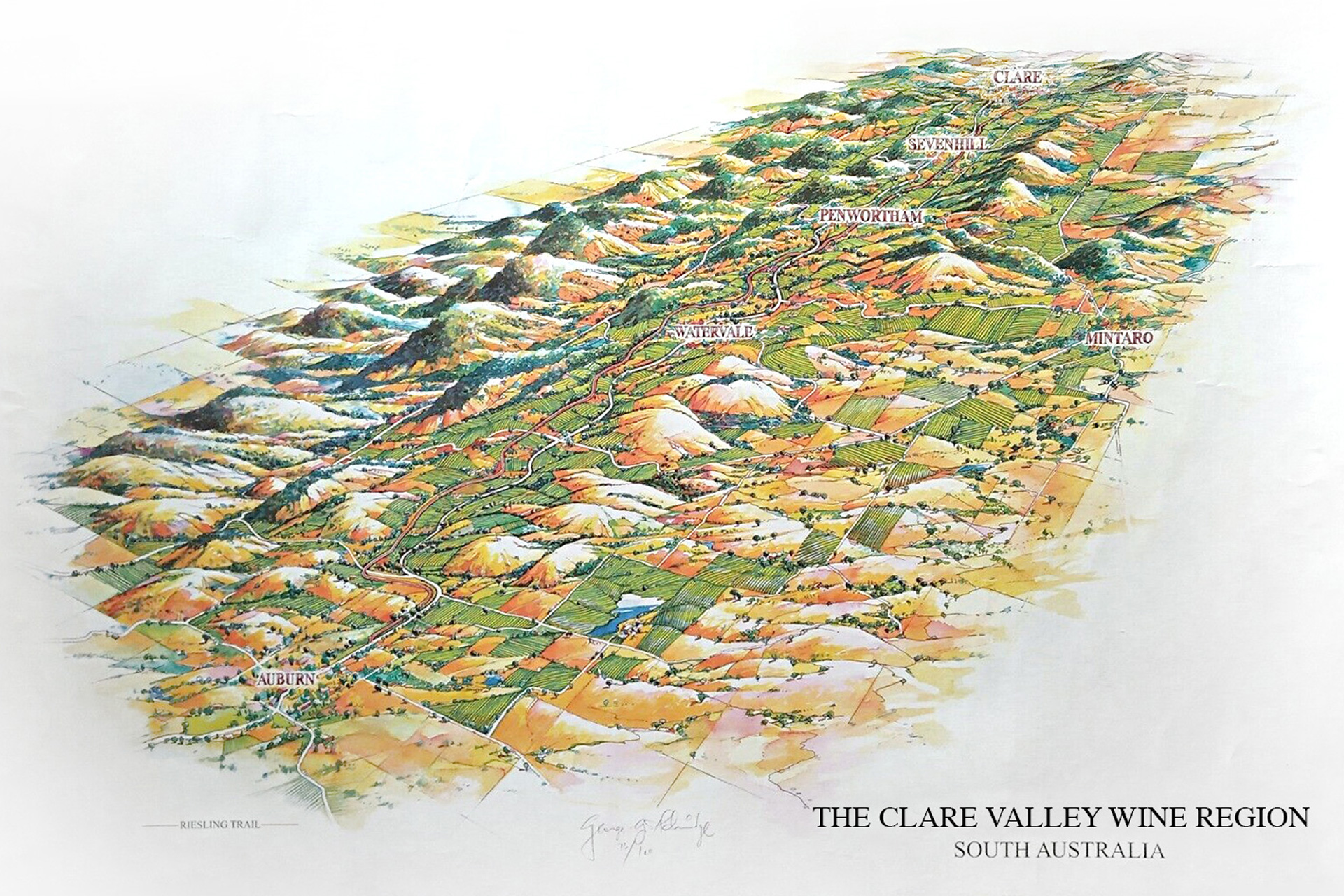Purity & Place
The lovely thing about Clare is the sense of community. I made lifelong friendships from the time I lived in the valley, and it’s important to me that these friendships are intrinsically linked to Miss Zilm. It’s a region I know well, it’s where I had all my training, and it’s a region that I love. I will always be involved with Clare Valley and its wider community as it’s my winemaking home. I’m so thankful to have such a connection to the region and its people.
Connection is so incredibly important; it’s something everyone understands. Wine is not just a drink. There’s a whole, intricate story before it even gets to that point. And it starts with someone’s decision to plant a particular variety somewhere, for their own reason. And I love that.
And whilst it has tremendous wine and viticultural history, it’s also very progressive and varieties really have evolved there. Certain varieties have found their home in Clare; they just work – Riesling, Shiraz, and then there’s an ongoing evolution that continues with varieties such as Fiano, Pinot Gris and Malbec. To its credit, ultimately, I think whatever Clare does, it does very well.
The process of bringing Miss Zilm to life has been quite an emotional one for me. I’m making some beautiful wines from incredible vineyards in a region that I love and that’s a really big thing; not a lot of winemakers get this kind of opportunity, so I feel really, really privileged.
Wine represents the place it’s grown, and we are working with vineyards of great pedigree. Purity is about ensuring that the wines reflect that place as well as delivering on varietal definition. I’m simply the caretaker of the fruit, each wine must reflect where it’s grown, and the variety it’s made from.
Sustainability is a social goal that we all must be aware of when producing and purchasing. I truly believe that we have a responsibility to be doing everything we possibly can to be sustainable. We need to be mindful of the fact that if we want luxury food and beverage items of high quality to continue to be available to us in the long term, we need to be respectful of the land. Organic practices are key to that. These protocols and methods ensure we are being more conscious of how the fruit is grown, how the land is managed, the wines are made, and ultimately what we’re consuming.




